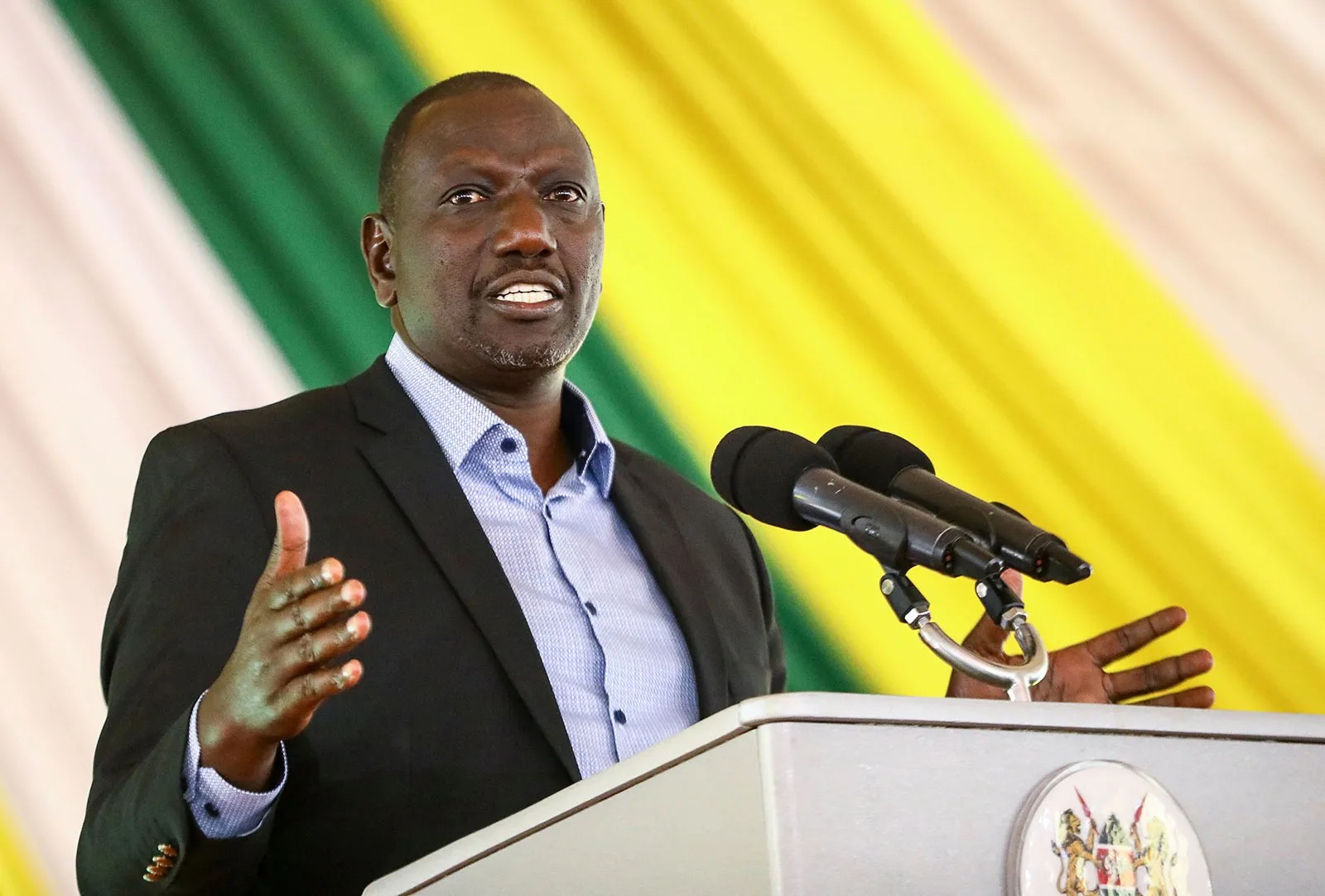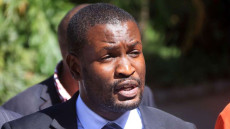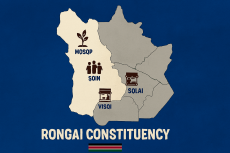- While Ruto's vision holds promise, practical implementation, fiscal sustainability, and addressing systemic issues are critical factors in determining Kenya's economic future.
President William Ruto's assumption of office marked a significant juncture in Kenya's political landscape, raising hopes for a fresh economic direction.
His financial strategies, particularly in infrastructure development and agricultural revitalization, garnered praise and raised concerns among supporters and detractors alike.
While Ruto's vision holds promise, practical implementation, fiscal sustainability, and addressing systemic issues are critical factors in determining Kenya's economic future.
Infrastructure development stands as a critical pillar of President Ruto's economic approach. His commitment to expanding transportation networks, rural electrification, and digital initiatives has the potential to lay the foundation for sustained economic growth.
Improved roads, energy infrastructure, and technological advancements can enhance connectivity and productivity. However, the success of these projects hinges on efficient implementation and management to ensure tangible and lasting benefits for the population.
Read More
Agricultural revitalization is another vital aspect of Ruto's economic agenda.
Recognizing the significance of agriculture in Kenya's economy and as a source of livelihood for many, his government has introduced policies and initiatives to enhance productivity, support small-scale farmers, and promote agribusiness.
This sectoral focus can alleviate poverty and contribute to economic stability with adequate investment and structural reforms.
While Ruto's economic vision shows promise, concerns have been raised regarding fiscal sustainability. Critics argue that ambitious infrastructural projects and social programs may strain the country's budget and increase public debt.
Balancing developmental aspirations with budgetary responsibility is crucial to avoid burdening future generations with overwhelming debt. Prudent financial management and long-term planning are necessary to ensure the economic sustainability of Ruto's policies.
Addressing systemic issues such as corruption and unemployment is also imperative. While progress has been made in combating corruption, more robust measures are needed to ensure transparency and accountability across all sectors.
Additionally, unemployment, particularly among the youth, remains a pressing issue that demands innovative solutions. Skill development programs and incentives for private sector job creation can play a vital role in tackling this challenge.


-1770826318-md.jpg)



-1770803686-md.png)

-1770826318-sm.jpg)



-1770803686-sm.png)